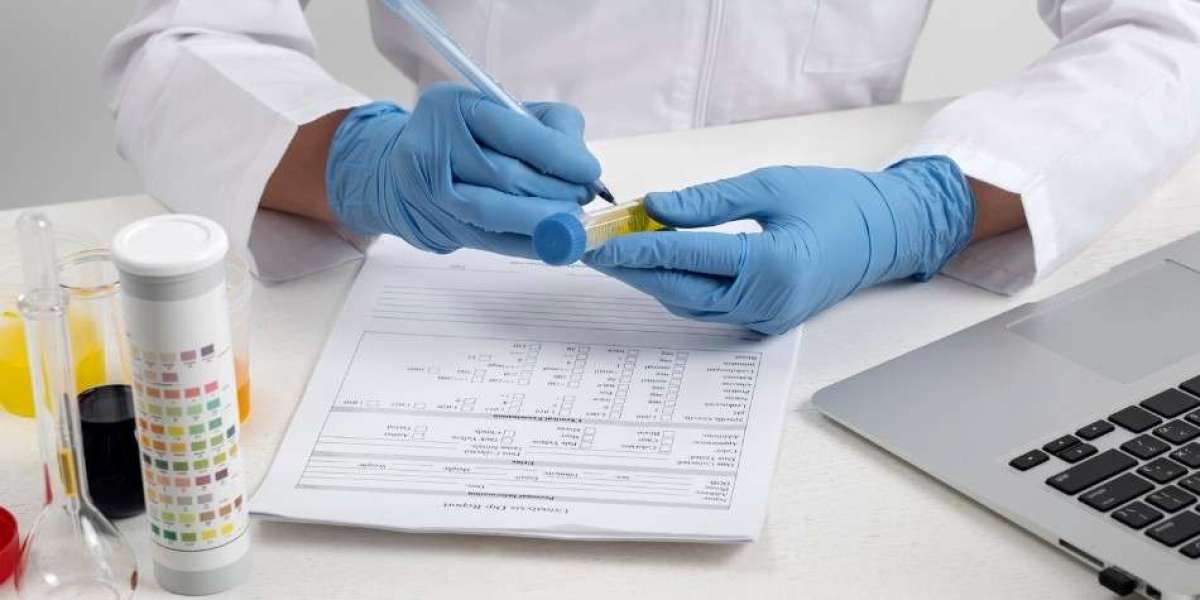The cosmetics industry is undergoing significant regulatory changes in the United States with the introduction of FDA Cosmetic Registration requirements and the enactment of the Cosmetic Registration MoCRA (Modernization of Cosmetics Regulation Act). These changes are designed to improve consumer safety, increase transparency, and ensure greater accountability among cosmetic companies. For businesses involved in the manufacturing, processing, or distribution of cosmetics, understanding these regulations is essential to maintain compliance and avoid penalties.
What is FDA Cosmetic Registration?
FDA Cosmetic Registration involves the mandatory registration of facilities that manufacture, process, package, or distribute cosmetic products within the U.S. Previously, the FDA’s Voluntary Cosmetic Registration Program (VCRP) allowed companies to register voluntarily, but with the implementation of MoCRA, this registration is now legally required.
Through this registration, companies provide the FDA with critical information about their facilities and the cosmetic products they handle. This helps the FDA maintain an updated database for monitoring cosmetic safety, improving regulatory oversight, and enabling rapid response to any product-related issues or recalls.
Overview of Cosmetic Registration MoCRA
The Cosmetic Registration MoCRA, signed into law in December 2022, represents the most comprehensive update to cosmetics regulation in decades. This law gives the FDA new authority over cosmetic products and establishes several new compliance requirements:
Mandatory facility registration for all cosmetic manufacturers, processors, packagers, and distributors.
Submission of detailed product listings that include ingredient information.
Appointment of a responsible person to oversee regulatory compliance and product safety.
Maintenance of records supporting product safety.
Reporting of serious adverse events linked to cosmetic products to the FDA within specified timelines.
These provisions are designed to increase transparency and ensure cosmetic products on the market are safe for consumers.
Who Needs to Comply?
All businesses involved in the production, processing, packaging, or distribution of cosmetics sold in the U.S.—including foreign companies exporting to the U.S.—must comply with FDA Cosmetic Registration and Cosmetic Registration MoCRA. Non-compliance can result in regulatory actions such as import refusals, product seizures, fines, and mandatory recalls.
Benefits of Compliance
While meeting these regulatory requirements may present challenges, compliance brings numerous benefits:
Increased consumer trust due to verified product safety.
Reduced risk of FDA enforcement actions and associated penalties.
Improved supply chain transparency and traceability.
Continued access to the competitive and lucrative U.S. cosmetics market.
Conclusion
The implementation of FDA Cosmetic Registration and the Cosmetic Registration MoCRA marks a major evolution in the regulation of cosmetics in the United States. Cosmetic companies must familiarize themselves with these new requirements and take proactive steps to ensure compliance. Doing so not only helps avoid costly penalties but also strengthens brand reputation by assuring consumers of product safety and transparency. In today’s regulatory environment, staying informed and compliant is essential for long-term success in the cosmetics industry.








